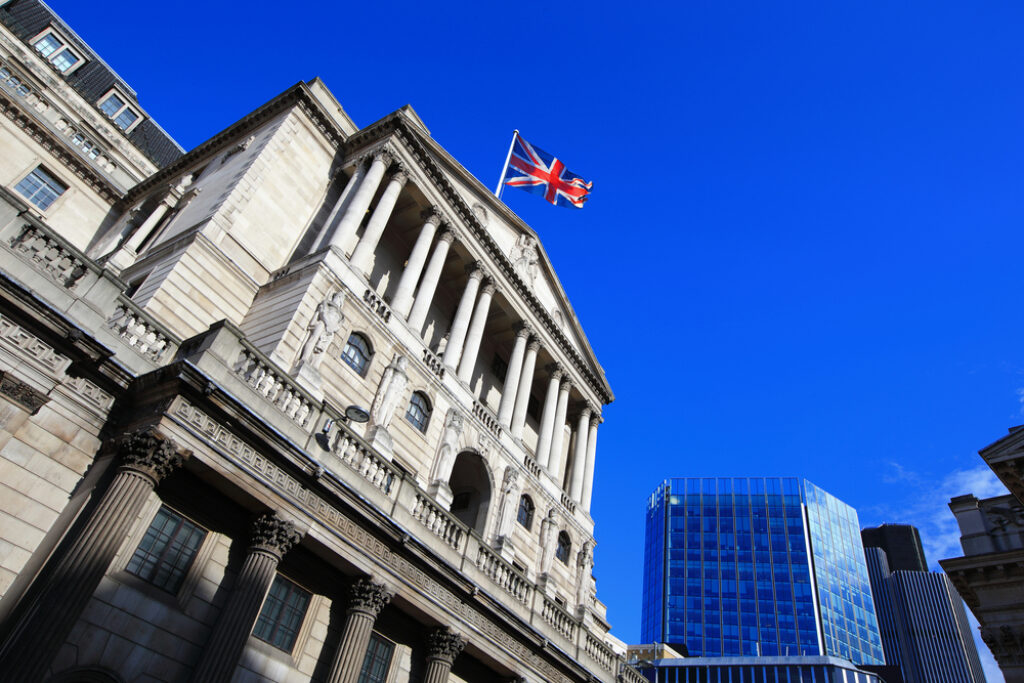The Bank of England (BoE) should be reformed to improve its performance and learn from mistakes made during the recent high inflationary period, a Lords committee has said.
The Economic Affairs Committee published a report ‘Making an independent Bank of England work better’, which said the independence of the central bank should be “preserved” but changes were needed.
The committee recommended that the BoE do more to “foster a diversity of views” and create a culture that “encourages challenge”.
The report said throughout 2020 and 2021, the central bank unanimously said above-target inflation was “transitionary” and was expected to come down after the pandemic. The committee concluded that this view was not challenged, at least publicly.
It added that the central bank should be “cautious” of prolonged loose monetary policy during periods of low inflation.
Some witnesses to the report suggested reviewing the inflation target, which is set by the Treasury.
It also questioned the forecast modelling used by the central bank and its reliance on this particularly during the pandemic, saying that its outlooks “seldom predict anything other than a return to the two per cent target over their forecast horizon”.
The BoE remit
The Lords also said the Treasury should scale back the central bank’s remit, so it is focused on tackling inflation and ensuring financial stability. It said its expanded remit risked “drawing the bank into the government’s wider policy agenda”.
The committee said while quantitative easing was a “powerful tool” in the aftermath of the 2008 financial crisis, its continued use “has blurred the lines between monetary policy and fiscal policy.”
It was proposed that Parliament conduct a review of the BoE’s remit and operations every five years, as well as enhance Parliament’s ability to hold the bank to account.
Lord Bridges of Headley, chair of the House of Lords Economic Affairs Committee, said: “25 years after the Bank of England was made operationally independent, it is time to take stock. While we are of the strong view that independence should be preserved, reforms are needed to improve the bank’s performance and to strengthen its accountability to Parliament.
“The bank should learn from the errors it made – along with other central banks – in the conduct of monetary policy during the recent period of higher inflation. But that alone is not enough. The Treasury must prune the bank’s expanded remit so the Bank can focus on controlling inflation and maintaining financial stability.”
He added: “Given the powers that unelected Bank officials wield, Parliament should conduct a review of the bank’s remit, performance and operations every five years. Independence and accountability should go hand in hand. At the moment, we are suffering from a democratic deficit.”





